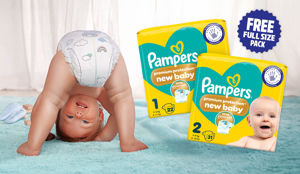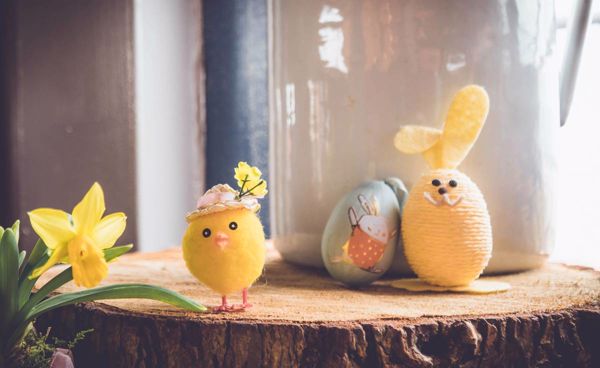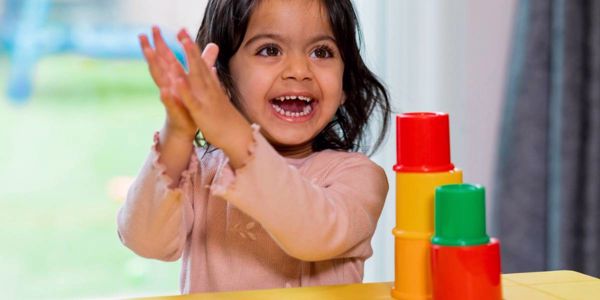Whether they’re aiming to be the next Einstein, or they just want a nice bit of colourful fun, your baby is going to encounter new things and learn new skills with the use of different toys and games as they grow up.
One thing many parents don’t necessarily consider, is the numerous benefits that can come from getting your baby to engage with learning materials such as toys at as young an age as possible.
If you are looking to get your baby learning through play, the main thing you will be looking for is toys or games that will trigger a variety of your baby’s senses (predominantly sight, touch, and hearing). Things that require them to move objects using their hands and arms will also help them develop a greater understanding of numerous basic skills they will need in day-to-day life.
As a result of this, the kinds of toys you are going to want to look for could include:
- Rattles
- Touchy-feely books
- A baby gym
- Learning cubes
- Shape sorting puzzles
- Toy musical instruments
- Stacking cubes or rings
- Play mats
- Bead mazes
- Mobiles
- Linkable rings
- Wooden rainbows stackers
- Zip-seal bags filled with water and beads/sequins
When to Introduce Toys
You can start introducing toys such as play mats and colourful plush toys as early as 0 to 2 months. Holding a toy out in front of their face can encourage smiling, lifting, or turning their head, gurgling and other sounds, as well as making eye contact with moving objects. Tummy time can also help with this development.
From 2 to 4 months, they will be able to hold an object, such as a rattle, which encourages them to reach for items, improves their grip and release control, and their hand-eye and hand-mouth coordination as they start to explore bringing items towards their face.
Teaching object permanence with games of peek-a-boo with their toys can be introduced from around 4 to 6 months.
Most of all, spend some quality time with your baby, speak to them and introduce them to as much as possible.





